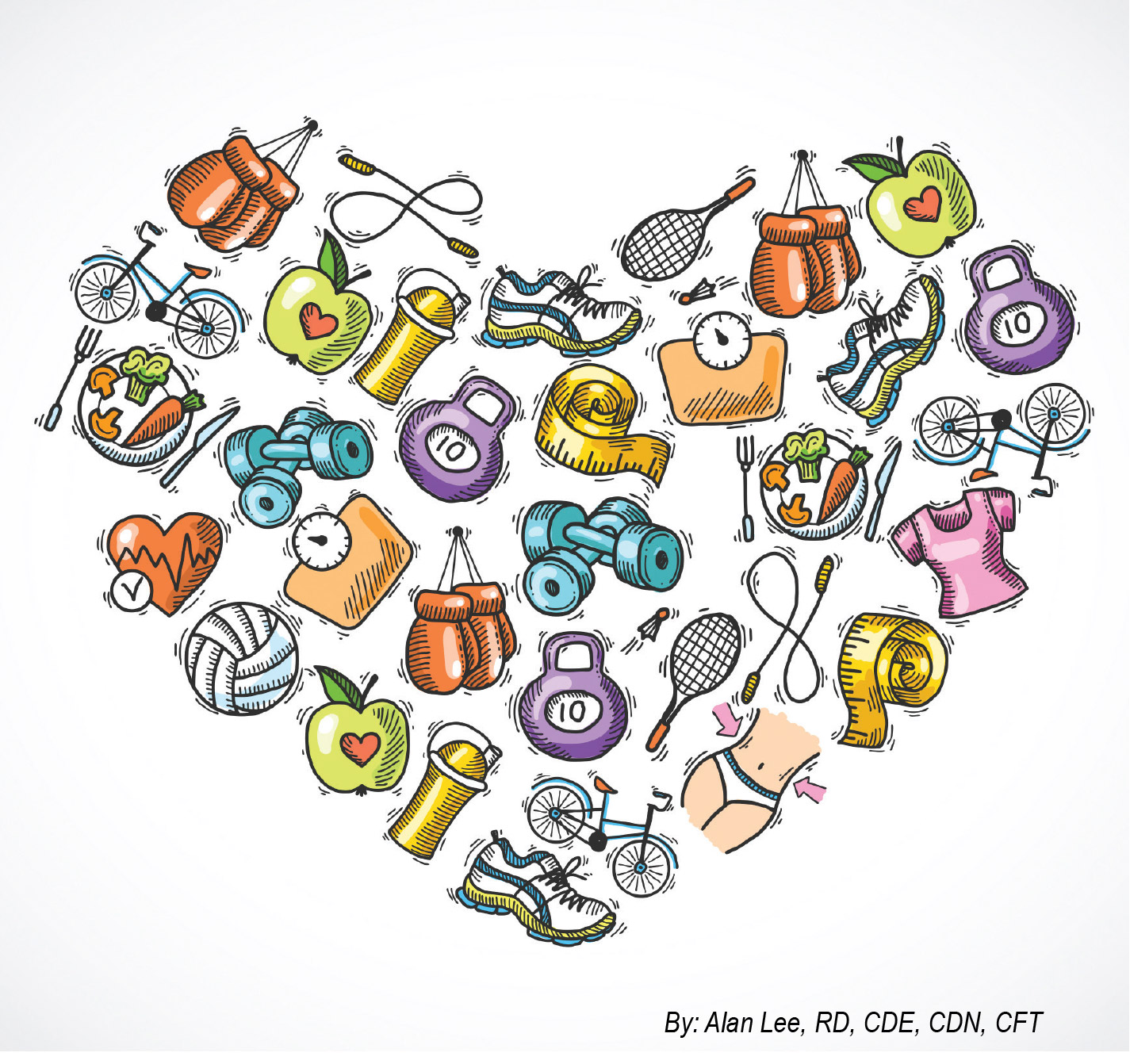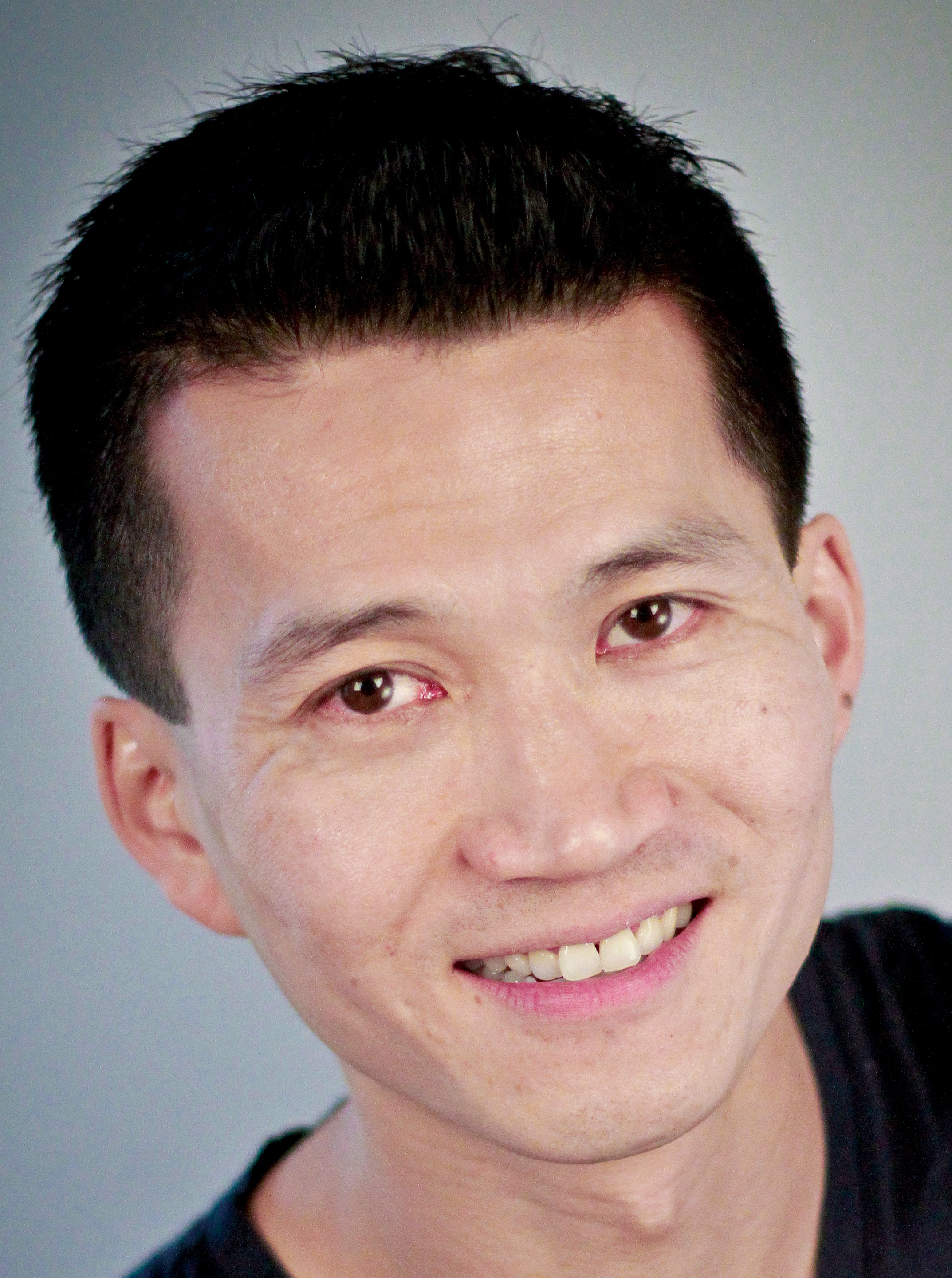HOME
PAST DIGITAL ISSUES
HIV/AIDS HOTLINES
HIV 101
POSITIVE PROFILES
ASO SPOTLIGHT
RECENT ARTICLES
HOW TO PAY FOR HIV TREATMENT AND MEDICATIONS
ADAP CRITERIA AND FORMULARIES
ASO LISTINGS
REVIEW OF HIV MEDICATIONS
2018 HIV/AIDS FUNDRAISING ACTIVITIES & EVENTS
ABOUT HIV POSITIVE! MAGAZINE
LINKS
SUBSCRIBE
CONTACT US
ADVERTISER INFORMATION
Maximizing Successful Aging With Nutrition

Living a regular life span and aging well with HIV are gifts we did not think possible 20 years ago. Nowadays, it is estimated that one out of two people living with HIV in America are beyond the age of 50. Some researchers have gone so far as to say that the newest generation of anti-retroviral medications available now and gene therapy in the pipeline may bring the idea of "functional cure" for people living with HIV closer to reality. In the meantime, maximizing disability-free life expectancy is the new focus for research and for you. A recipe for successful aging can include:
- Maintaining robust physical and mental functioning
- Avoiding or delaying disease and disability - preventing HIV-medication related toxicity, lipodystrophy, high cholesterol and blood fat levels, fatigue, brittle bones and diabetes
- Proactive engagement with friends and family and being consistent with doing activities that are meaningful to you
- Staying resilient and harnessing spirituality when you have a setback with your health.
In 2015, frailty and sarcopenia are the future concerns of HIV-associated nutritional disorders. These geriatric syndromes happen at an accelerated pace compared to HIV negative people of the same age. Physical frailty is a distinct clinical syndrome that includes: unintentional weight loss, exhaustion, weakness, and decreased activity such as slow walking speeds. Sarcopenia is an increasingly recognized issue which is the progressive loss of muscle mass and strength. These two issues can lead to a high risk for falls, onset of disability, hospitalizations, and cognitive decline.
What are the key nutrition recommendations to prevent and manage frailty and sarcopenia?
Aim For Higher Protein - Older adults in general get less protein than they may need. Aim for the highest acceptable level of protein of 35% (acceptable range is 20-35%) of energy intake as set forth as a daily value (%DV) by the FDA. Ask your registered dietitian (RD) or primary-care provider for a personalized recommendation of how many grams of protein to aim to consume daily.
Check Vitamin D Levels - vitamin D deficiency is the most common nutrient deficiency in older adults. Low vitamin D levels are associated with decreased muscle strength. Studies show that supplementation with vitamin D in people with low levels can increase muscle strength. Ask your provider to have your 25(OH) levels checked and make sure your level is over 30 ng/ml. The Institute of Medicine (IOM) recommends 600 IU per day of vitamin D. Adults over 70 can take 800 IU per day of vitamin D. The Upper Tolerable Limit for all people is 4,000 IU of vitamin D per day.
You already know that weight resistance and strength training exercise are vital to increase muscle strength, improve functional ability, and prevent further declines and falls.
What exercise prescription do you want to aim for to really make a difference? (Once you get medical clearance from your doctor...)
- Evidence from HIV research studies shows that you need a regimen containing physical resistive exercise performed at least three (3) times per week for greater than six (6) weeks. Strength training significantly increases muscle mass, improves bone health, and body composition. Aim for a weight lifting exercise with a weight that is light enough that you can lift 10 times. Lifting it once is called a "repetititon." More than one repetition is called a "set." Aim to do two (2) sets of 10-15 repetitions. Rest for at least 90 seconds between each set but rest no more than (3) three minutes. My secret to sneak some exercise in is to do a few sets of 15-25 repetitions of standard push-ups whenever I am watching a TV show during the commercial breaks.
- This link goes to a pdf file for a sample of strength activity plan for beginners: www.move.va.gov/docs/NewHandouts/PhysicalActivity/P32_SampleStrengthActivityPlanForBeginners.pdf
Aim for aerobic exercise (i.e., walking, dancing, jogging in place, jumping jacks- increase your pace as you can tolerate) for at least 20 minutes, at least three (3) times per week for at least five (5) weeks which is safe for a person with HIV and will improve your well-being and reduce fatigue as you increase your speed and power. - https://go4life.nia.nih.gov - is an exercise and physical activity campaign from the National Institute on Aging designed to help older adults add exercise and physical activity into their daily life no matter what their age.
Successful aging with HIV is an art and science that is possible. Art is subjective and only YOU can define how successfully you are living. Science will make available more resources in the future to help you excel. Nutrition and exercise work synergistically to combat malnutrition and increase strength, endurance, functionality, and promote well-being. Good health is a gift some take for granted until it is gone BUT you know now to be empowered to be an active participant in your life, adopt healthy habits, and in turn you will live marvelously well!
More Resources for Healthy Aging with HIV:
God's Love We Deliver - www.glwd.org - Their mission is to improve the health and well-being of people living with chronic conditions by alleviating hunger and malnutrition. They cook and deliver meals to people who, because of their illness, are unable to provide or prepare meals for themselves in the NYC area. They provide illness-specific nutrition education and counseling to their clients, families, care providers and other service organizations as well as nutrition education publications free-of-charge. Link to publications web page: www.glwd.org/nutrition/publications.jsp
Services and Advocacy for LGBT Elders (SAGE) - www.sageusa.org - SAGE is a national social service and advocacy organization dedicated to lesbian, gay, bisexual and transgender (LGBT) senior citizens. SAGE Centers are centers for older LGBT people age 60+ (50+ for people living with HIV) in NYC--the first centers of their kind in America. SAGE's Senior Center program provides a wide array of unique services and programs related to arts and culture, fitness, food and nutrition, health and wellness, spirituality, and lifelong education. Most sites include a meal program. - See more at: www.sageusa.org/nyc/thesagecenter.cfm#sthash.lpUKZGJe.dpuf
HIV Aging Blog - www.hiv-age.org - reliable source for sharing information amongst peers as well as get up-to-date information on HIV clinical research provided by the American Academy of HIV Medicine (AAHIVM) with the assistance of the AIDS Community Research Initiative of American (ACRIA) and the American Geriatrics Society (AGS).
About the author:

Alan Lee, RD, CDE, CDN, CFT has over 18 years of experience as a nutritionist for people living with chronic diseases such as HIV, hepatitis C, and diabetes. He works as a primary care dietitian at The Family Health Center Of Harlem and the APICHA Community Health Center. He is also a nutrition consultant for Albert Einstein College Of Medicine, Division Of Substance Abuse in the Hepatitis C Program, TOUCH, Inc. in Rockland County, NY, and SAGE Centers in NYC. He maintains a private practice based in NYC and is a recognized speaker on nutrition and HIV. For the last five years, he has been a special guest speaker at Teacher's College at Columbia University for their Medical Nutrition Therapy course on HIV nutrition. He can be reached at (212) 229-2298 and AlanLeeRD@yahoo.com.
Copyright 2018, Positive Health Publications, Inc.
This magazine is intended to enhance your relationship with your doctor - not replace it! Medical treatments and products should always be discussed with a licensed physician who has experience treating HIV and AIDS!